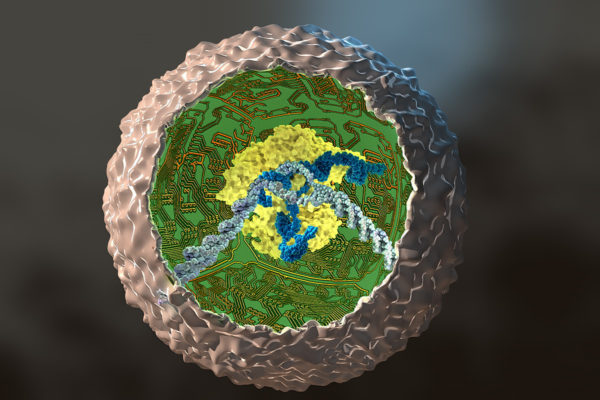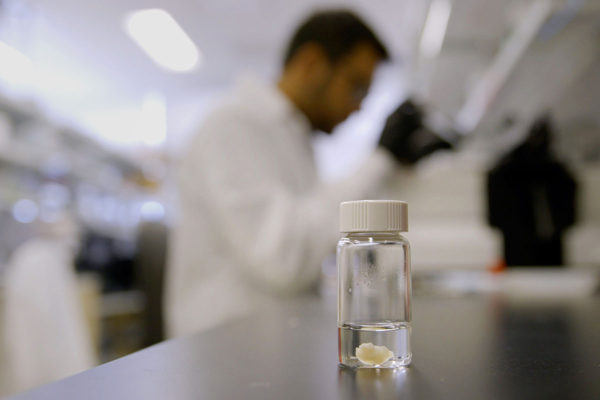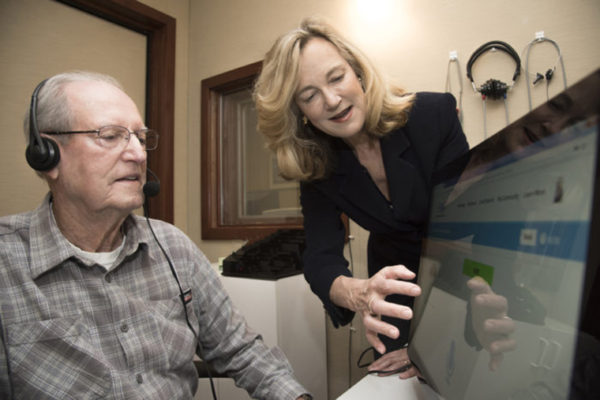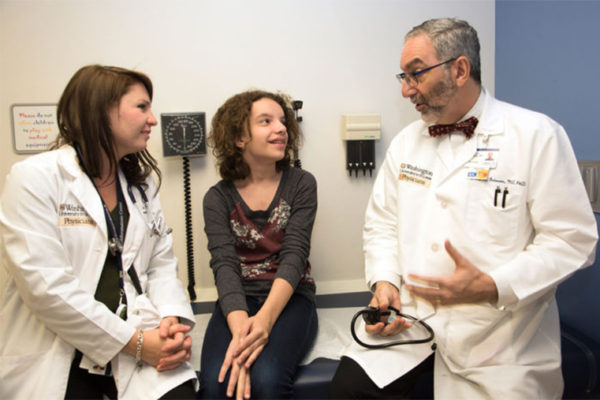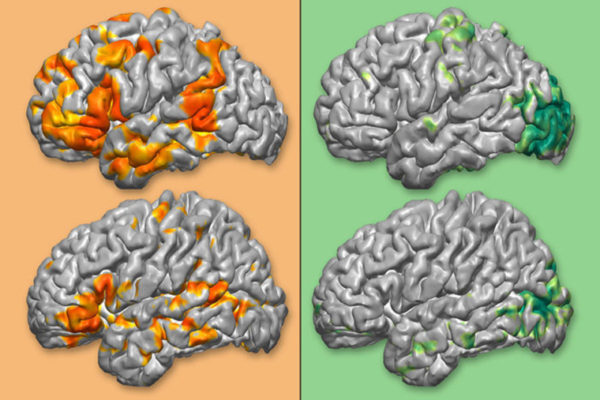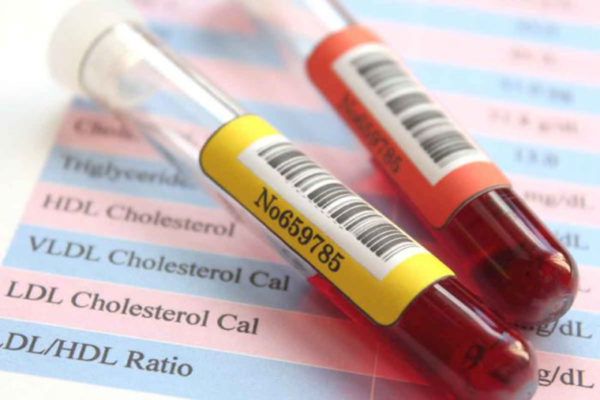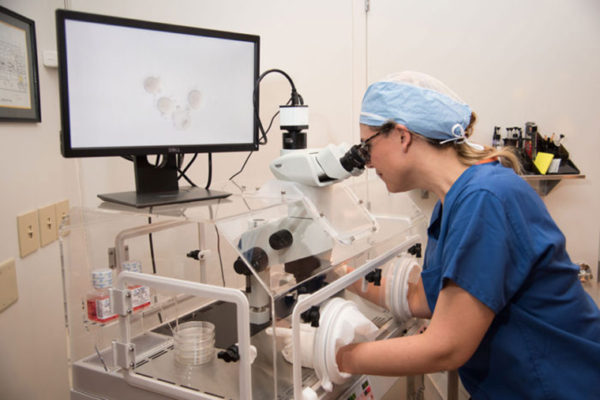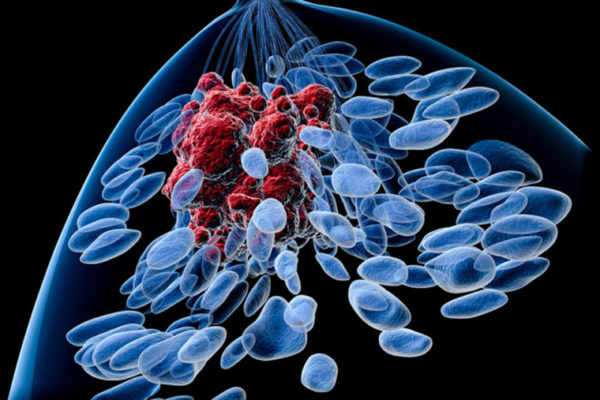Stem cells edited to fight arthritis
Using new gene-editing technology, researchers at the School of Medicine have rewired mouse stem cells to fight inflammation caused by arthritis and other chronic conditions.
Antibody helps detect protein implicated in Alzheimer’s, other diseases
A team led by Washington University School of Medicine scientists has found a way to measure tau levels in the blood. Damaging tangles of the protein tau dot the brains of people with Alzheimer’s and other neurodegenerative diseases.
Patients with hearing loss benefit from training with loved one’s voice
To help people with hearing loss navigate their daily lives, Nancy Tye-Murray and colleagues at the School of Medicine have developed software tools to improve speech recognition. She launched a startup to provide the software to patients and professionals.
$3.5 million funds study aimed at applying precision medicine to rare tumor disorder
David H. Gutmann, MD, PhD, an international leader in neurofibromatosis research, received a $3.5 million grant to study why people with a genetic mutation that causes the genetic disorder known as NF1 develop markedly different signs and symptoms.
$3.6 million to fund personalized 3-D brain maps to guide neurosurgeries
A $3.6 million grant will fund a collaboration between School of Medicine researchers and the maker of a neurosurgery navigational system. They will create a software program to build personalized 3-D maps of the location of brain function.
Study reverses thinking on genetic links to stress, depression
New research led by the School of Medicine shows that an influential 2003 study about the interaction of genes, environment and depression may have missed the mark.
Proliferation of marijuana ads alarms addiction researchers
As more states have legalized marijuana, advertising for the drug has become more common. In a new study, researchers at Washington University School of Medicine in St. Louis report that more than half of young pot users they surveyed have seen marijuana ads — either online or in more traditional forms of advertising such as billboards and print media.
Genetic errors associated with heart health may guide drug development
Natural genetic changes can put some people at high risk of certain conditions, such as breast cancer, Alzheimer’s disease or high blood pressure. But in rare cases, genetic errors also can have the opposite effect, protecting individuals with these helpful genetic mistakes from developing common diseases. A new study of such “beneficial” genetic mutations, led by the School of Medicine, may provide guidance on the design of new therapies intended to reduce the risk of heart attacks.
Insurance coverage for IVF increases chance of having baby
Women who pursue in vitro fertilization (IVF) to become pregnant are more likely to give birth if they have health insurance that covers the procedure, according to new research at the School of Medicine. The key reason is financial rather than medical: The high cost for one procedure prohibits many women from seeking a second if the first attempt fails.
Rogue breast tumor proteins point to potential drug therapies
Studying mice with breast tumors transplanted from patients, researchers at Washington University School of Medicine in St. Louis, The Broad Institute of MIT and Harvard, and Baylor College of Medicine have analyzed the proteins present in these tumors. Some protein alterations can be used to identify drugs that may work against some cancers.
View More Stories
